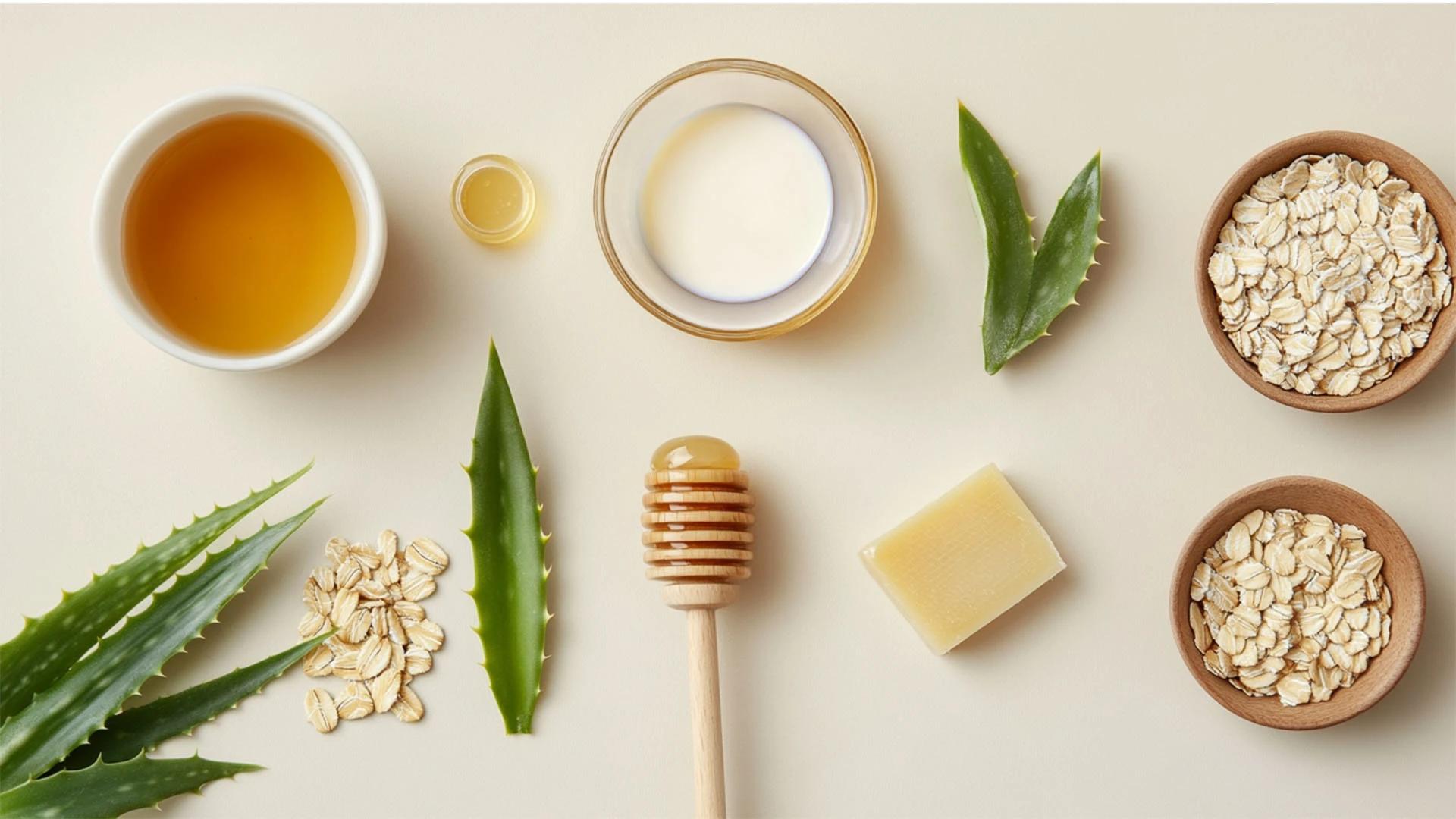Real talk—your skincare game doesn't need a complete overhaul to level up. Sometimes it's the small tweaks that make the biggest difference to your skin health. Whether you're dealing with breakouts, dryness, or just want that glow everyone's talking about, a solid beauty routine can be your best mate. Think of this as your step-by-step guide to understanding what your skin actually needs and giving it exactly that. No complicated jargon, no overwhelming 12-step routines—just practical tips that fit into your real life.
Understanding Your Skin: The Foundation of Your Skincare Game
Before you start throwing products at your face, let's get one thing straight—knowing your skin type is everything. It's like trying to pick an outfit without knowing the weather forecast. You might get lucky, but you'll probably end up uncomfortable.
Identifying Your Skin Type
Here's a simple test that actually works: wash your face with a gentle cleanser and don't apply anything for an hour. If your skin feels tight and looks a bit dull, you're likely dealing with dry skin. Oily skin will start looking shiny, especially around the T-zone. Combination skin shows oil in some areas but feels normal or dry in others. Normal skin feels comfortable and balanced. Sensitive skin might feel irritated or look red after cleansing.
Common Skin Concerns and Their Signs
Spot the signs early and you'll save yourself loads of hassle later. **Acne** shows up as blackheads, whiteheads, or inflamed bumps. **Hyperpigmentation** appears as dark spots or patches. **Fine lines** usually start around the eyes and mouth. **Dehydration** makes skin look dull and feel tight, even if it's oily. Knowing what you're dealing with helps you pick the right products for facial care.
Essential Steps to Build Your Beauty Routine
Every solid skincare game needs these four non-negotiables. These aren't fancy extras—they're the basics that actually work. Master these and you're already ahead of most people.
Cleansing: The First Step to Healthy Skin
Cleansing removes the day's buildup—makeup, pollution, excess oils. Use a gentle cleanser twice daily. Oil cleansers work brilliantly for removing makeup and sunscreen. Foam or gel cleansers suit oily skin better. The key is being gentle—your skin isn't a dirty pan that needs scrubbing.
Toning: Balancing and Preparing Your Skin
Toners prep your skin to absorb the next products better. Look for hydrating toners with ingredients like hyaluronic acid for dry skin, or gentle exfoliating toners with salicylic acid for oily, acne-prone skin. Skip anything with alcohol—it's just going to irritate and dry out your skin unnecessarily.
Moisturising: Hydration for All Skin Types
Yes, even oily skin needs moisture. When your skin is dehydrated, it produces more oil to compensate. Lightweight gel moisturisers work for oily skin, whilst cream formulas suit dry skin better. **Moisturising techniques** matter too—apply whilst your skin is still slightly damp to lock in hydration.
Sun Protection: The Non-Negotiable Step
SPF isn't optional if you want healthy skin long-term. UV damage causes premature ageing, dark spots, and increases skin cancer risk. Use broad-spectrum SPF 30 or higher daily, even when it's cloudy. Reapply every two hours if you're outdoors.
Advanced Facial Care Techniques


 100 ml
100 ml Kit
Kit COMBO
COMBO COMBO
COMBO